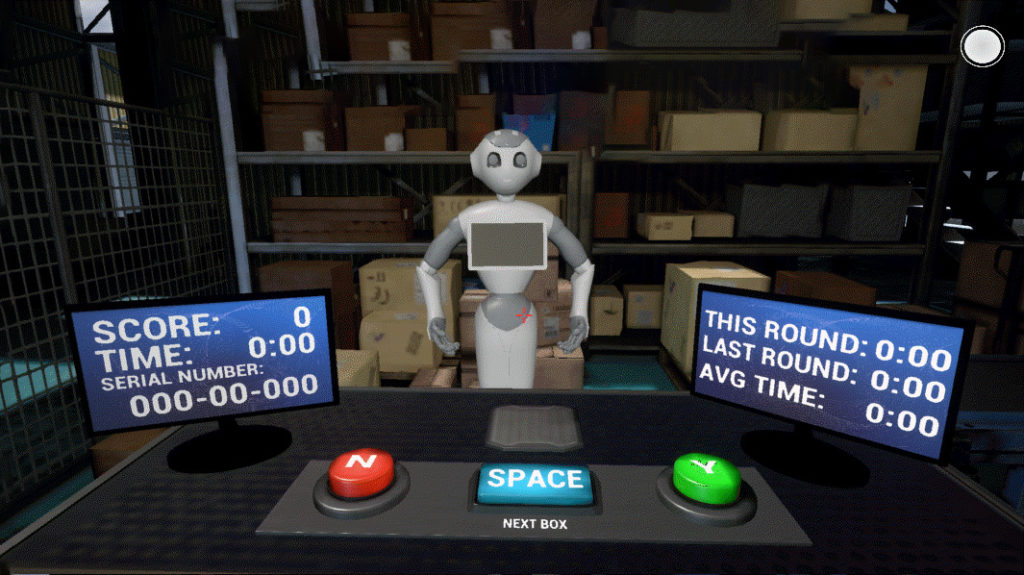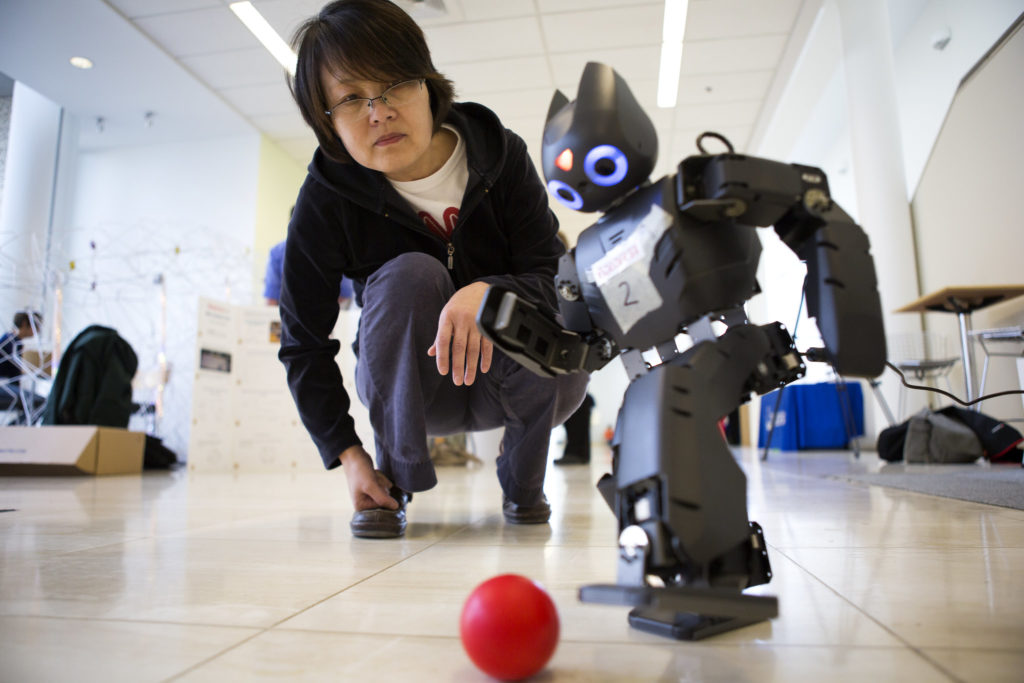Robots who goof: Can we trust them again?
August 10, 2021

When robots make mistakes—and they do from time to time—reestablishing trust with human co-workers depends on how the machines own up to the errors and how human-like they appear, according to University of Michigan research.
In a study that examined multiple trust repair strategies—apologies, denials, explanations or promises—the researchers found that certain approaches directed at human co-workers are better than others and often are impacted by how the robots look.
“Robots are definitely a technology but their interactions with humans are social and we must account for these social interactions if we hope to have humans comfortably trust and rely on their robot co-workers,” said Lionel Robert, associate professor at the U-M School of Information and core faculty of the Robotics Institute.
Continue reading ⇒